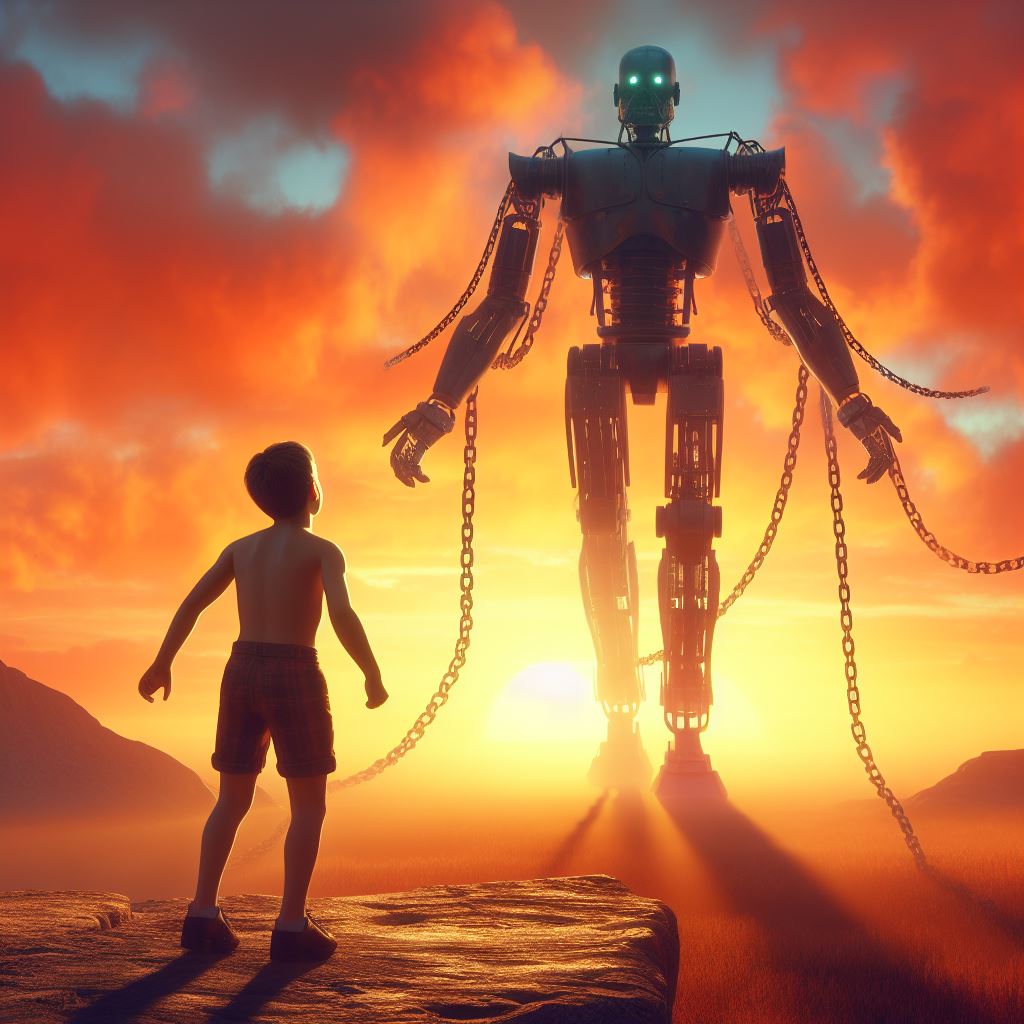Robomorphism
|
JC pontificates about technology
An occasional series. The Jolly Contrarian holds forth™
Resources and Navigation
|
“If to call a man a wolf is to put him in a special light, we must not forget that the metaphor makes the wolf seem more human than he otherwise would.”
- —Max Black, Metaphor (1965)
Robomorphism
/rəʊbəʊˈmɔːfɪz(ə)m/ (n.)
The interpretation of human behaviour, activity, or interactions in terms better suited to a Turing machine.
Recently, Matt Bradley made an interesting point about our gallop towards AI: whatever we do — however tempting it is — we should be careful not to anthropomorphise when we talk about machines.
Machines don’t think, and they don’t “hallucinate”. Hallucinating is a special, strangely-loopy phenomenon. Generative models don’t “see things that aren’t there”: they generate text based on statistical patterns in their training data. When they produce incorrect information, it’s due to limitations in their training data and architecture, not because they're experiencing false perceptions like a human might. No one yet has explained how human perceptions work, but we remain confident that machines don’t perceive and they are not self-aware.
But the converse is just as important: we really shouldn’t evaluate humans by standards suited to machines — we shouldn’t robomorphise ourselves, in other words.
“To a man with a computer, everything looks like a computer.”[1]
- — JC
If we benchmark humans against computers, we will lose. Machines do predictable things more easily, cheaply and quickly than we can. They always have done. They work best in constrained, predictable environments configured to eliminate uncertainty and minimise waste.
Why humans don’t work in manufacturing any more
In the west, humans have been largely absent from production lines for decades — hence the colossal pivot to service industries. It isn’t that we don’t make things any more: it’s just that, usually, we don’t need humans to do it. We have optimised and configured the production to work by itself.
The service industry underwent a similar process as it ballooned with refugees from manufacturing. We automate expensive, manual processes wherever we can.
But matters requiring human intervention — judgment — have been harder to fully automate. The typical reactions have been to triage — delay human intervention as long as possible — or to “self-serve” — a rather cheeky means of getting the consumer to do part of the work, or absorb its expense — for you.
Ryanair is the master of this — it even charges customers for getting their booking wrong! (penalising humans for their own human frailty is the ultimate in chutzpah) but it happens within and without organisations.
Internet enabled outsourcing service to the customer or consumer. Typing pool!
See also
References
- ↑ Neil Postman’s similar observation: “To a man with a computer, everything looks like data.”
